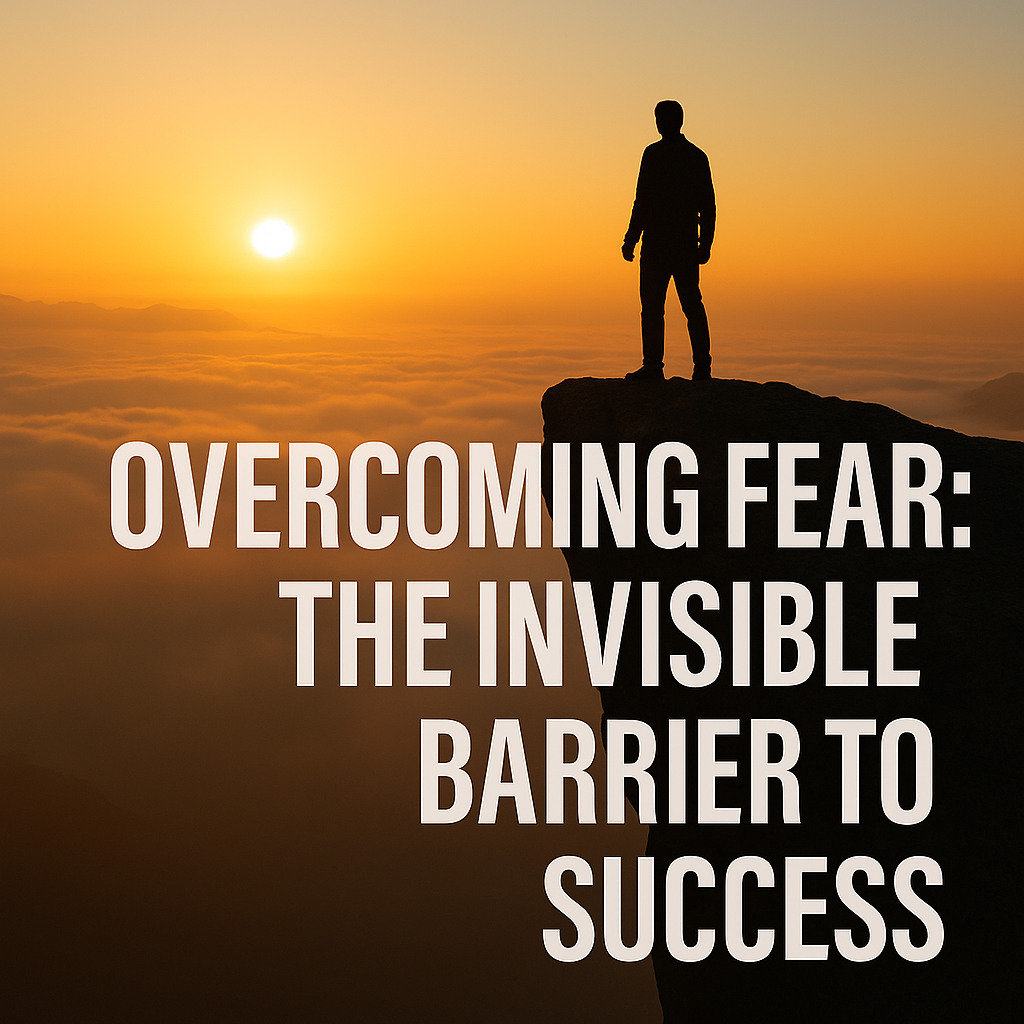Not all opinions hold the same weight. While everyone has the right to their own perspective, some opinions are more valid than others. The difference lies in whether an opinion is rooted in objectivity, clear reasoning, and a fair assessment of reality.
Research shows that negative opinions tend to influence people more than positive ones (University of Chicago Press Journals, 2007). However, just because an opinion is powerful doesn’t mean it is well-founded. Many opinions are formed hastily, influenced by emotions, personal biases, or hidden fears. Understanding what makes an opinion strong and meaningful can help us better evaluate our own views as well as those of others.
The Difference Between Facts and Opinions
An opinion, by definition, is subjective—it reflects personal interpretation rather than absolute truth. However, some opinions come closer to reality than others. A strong opinion is one that minimizes emotional distortion and bias, making it more reliable.
So, what determines whether an opinion is well-grounded? Below are four key factors that separate a thoughtful opinion from a weak or misleading one.
1. Emotional Stability: The Role of Mood in Opinions
Our emotions shape the way we see the world. If a person is in a bad mood, they are more likely to interpret events negatively, whereas a positive mood can make them overly optimistic.
For example, imagine a driver cuts you off in traffic. If you’re calm, you might assume they made a mistake. But if you’re already in an irritable mood, you might jump to the conclusion that they were being deliberately rude. The same event can be perceived differently based on emotional state.
A well-formed opinion should come from a neutral emotional standpoint. When emotions like anger, frustration, or even excessive happiness influence an opinion, it becomes less reliable. A balanced perspective allows for clearer judgment.
2. Freedom from Personal Bias
Bias is one of the biggest threats to objectivity. People often judge situations based on personal experiences rather than considering the full picture.
For instance, if someone has had only negative interactions with a particular group or organization, they may assume the worst about them, even when presented with contrary evidence. On the other hand, someone with a strong personal attachment to a cause might defend it without considering valid criticisms.
A strong opinion takes into account multiple perspectives rather than being shaped solely by personal experiences. It strives to reflect the broader reality rather than just an individual’s limited viewpoint.
3. The Influence of Unmet Emotional Needs
Humans have fundamental emotional needs—such as the need for attention, control, or validation. When these needs aren’t met, they can unconsciously shape our opinions.
For example, someone who craves recognition might frequently express strong opinions, not necessarily because they believe in them, but because it makes them feel important. Likewise, someone who lacks control in their personal life might develop rigid, uncompromising opinions to feel more powerful.
A reliable opinion is one that is formed based on reason rather than an attempt to fill an emotional void. When opinions are driven by insecurity or emotional hunger, they risk being impulsive and exaggerated.
4. The Absence of Fear-Driven Thinking
Fear has a profound effect on human perception. It triggers survival instincts, leading to reactive thinking rather than rational evaluation.
Fear-based opinions often arise in situations involving uncertainty, risk, or change. For example, a person might oppose a new policy, not because they’ve thoroughly evaluated its merits, but because they fear how it might disrupt their familiar routine. When fear influences an opinion, it narrows perspective, making it less objective.
A well-grounded opinion is one that is not shaped by anxiety or fear. Instead, it is based on logical assessment and a willingness to consider different viewpoints.
Conclusion: Evaluating Opinions with a Critical Mindset
Recognizing the factors that influence opinions is crucial for developing better judgment. The next time you hear an opinion—whether from a friend, a social media post, or a news article—pause and consider:
- Is this opinion based on emotional balance, or is it driven by mood swings?
- Is it free from personal bias, or does it reflect a narrow viewpoint?
- Does it stem from an unmet emotional need, or is it based on rational thinking?
- Is it free from fear-based reactions, or is it shaped by anxiety and insecurity?
By applying these criteria, we can develop more thoughtful perspectives, engage in healthier discussions, and avoid falling into the trap of emotionally charged, misleading opinions.




